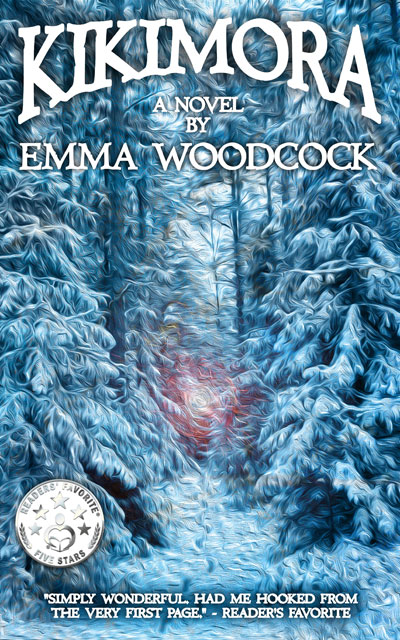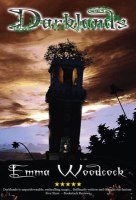Today is the first of May, and thoughts turn to the coming summer. If you could distil the essence of a perfect English summer day and transform it into music I think it would sound very much like The Lark Ascending by Ralph Vaughan-Williams.
If you are not familiar with it, you can listen here.
The music is achingly sweet, conjuring a powerful nostalgia for a make-believe bucolic past of lazy summer days idling in corn fields, of swimming in slow green rivers – a time when we were intimately connected to the earth and the seasons.*
I must have heard it several times when younger (I am sure it has been used on the soundtracks of many pastoral, period TV series over the years, probably things like The Mill on the Floss, or Tess of the D’urbervilles). But strangely, the first time I remember properly noticing it was on the soundtrack to a very good, but seemingly little known Australian film, The Year my Voice Broke.
I didn’t know what it was at the time, but was struck by how incongruous it seemed played over the brittle looking Australian landscape; it is the most quintessentially English piece of music I know.
Although the location seemed wrong, in another sense the piece was absolutely right for the film. It is a bittersweet tale of young love, of the loss of innocence, and the sometimes painful entry to adulthood.
Bittersweet is precisely what The Lark Ascending seems to me; filled with heartache and yearning. Perhaps more so because everything it seems to represent is so rapidly disappearing from our world. But I think sadness was always inherent in the piece. Opinions differ on whether or not Vaughan-Williams was influenced by the outbreak of the first world war during its composition in 1914.
But regardless, I think that people of the early 20th century already saw their old ways rapidly disappearing in urbanisation and ever increasing industrialisation. I am certainly no expert on music history, but I suspect that pastoral nostalgia was already very much a part of its appeal.
All through 2014 BBC Radio 3 are collating a playlist of the best of British classical music. Nominated by members of the public, the playlist will feature 365 pieces by the end of the year.
I am nominating The Lark Ascending. Let Scotland, Wales and Northern Ireland have the other 364 days. I think this piece says pretty much everything that needs saying about English music.
* I am of course aware that when we were ‘intimately connected to the earth and the seasons’ that is precisely because we spent long days of back breaking labour in all weathers. But that is the magic of music (or perhaps of indoctrinated association by way of TV and film) – we tend only to think of the idealised parts that must have made up less than 1% of actual lived experience.



